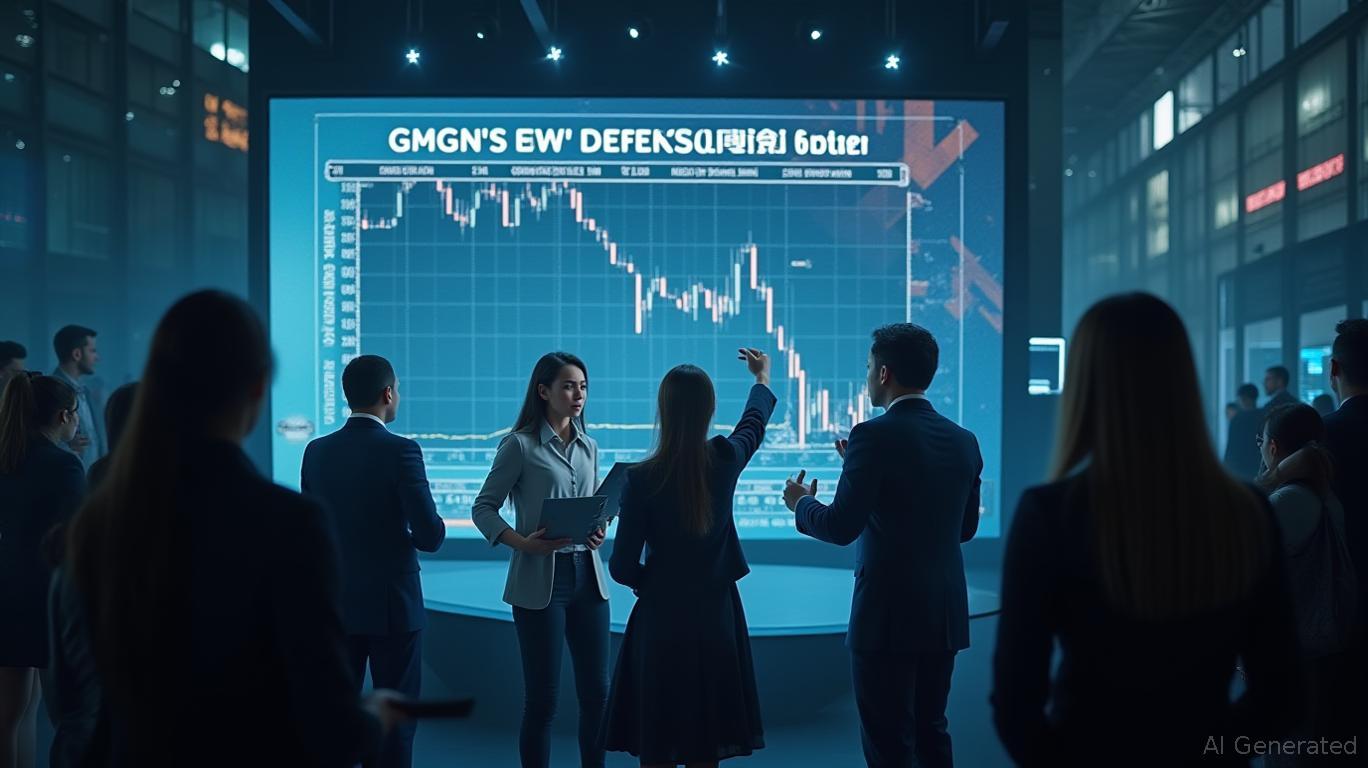Mt. Gox’s Ex-CEO Uses Claude AI to Uncover 2011 Code Flaws That Led to Exchange Hack
Quick Breakdown
- Mark Karpelès used Claude AI to analyze Mt. Gox’s 2011 code, uncovering major security flaws.
- The AI blamed weak passwords, retained admin access, and a lack of segmentation for the hack.
- Mt. Gox still holds over 34,000 BTC as creditor repayments continue with minimal market impact.
Karpelès revisits Mt. Gox code with AI
Former Mt. Gox CEO Mark Karpelès has revisited the early days of the ill-fated crypto exchange—this time with the help of artificial intelligence. In a recent X post , Karpelès revealed that he fed the 2011 Mt. Gox codebase into Anthropic’s Claude AI for an in-depth review. The AI’s verdict was clear: the Bitcoin exchange was “feature-rich but critically insecure.”
So I tried feeding MtGox’s 2011 codebase and various data (git history, access logs, dumps released by hacker, etc) to @AnthropicAI ‘s Claude, and let it analyze its way through all the stuff.
The result:
— Mark Karpelès (@MagicalTux) October 26, 2025
Karpelès, who bought the exchange from its founder, Jed McCale,b in March 2011, admitted he never had the chance to review the code before finalizing the purchase. Just three months later, the platform suffered a hack that drained around 2,000 Bitcoin, worth over $232 million at today’s prices.
AI exposes Mt. Gox’s core vulnerabilities
Claude AI’s post-mortem analysis described Mt. Gox’s original code as technically impressive but dangerously fragile. It pointed to a combination of issues, including unpatched code flaws, weak passwords, poor documentation, and lingering admin access even after ownership changed hands.
The AI linked the June 2011 hack to a chain reaction triggered by the compromise of Karpelès’ WordPress blog and social media accounts. It found that the lack of network segmentation allowed a single breach to threaten the entire exchange.
Among the vulnerabilities, Claude highlighted the retained admin access from prior ownership, weak passwords on critical accounts and poorly secured WordPress installations
However, it also noted that Karpelès’ security improvements, such as implementing salted hashing for password protection and fixing SQL injection flaws, prevented a far more devastating outcome.
Human error still the weakest link
While the AI audit revealed technical loopholes, it ultimately concluded that human missteps—weak security practices and lax operational processes—were the real culprits. The incident, according to Claude, underscored how early crypto exchanges lacked the cybersecurity frameworks now standard in the industry.
Over a decade after its collapse, Mt. Gox continues to influence the Bitcoin market. The defunct exchange still holds roughly 34,689 BTC as part of creditor repayments, due by October 31. Despite concerns of sell-offs, these repayments have so far had little effect on Bitcoin’s price, which remains steady around $116,045.
Disclaimer: The content of this article solely reflects the author's opinion and does not represent the platform in any capacity. This article is not intended to serve as a reference for making investment decisions.
You may also like
Bitcoin News Update: Fed's Interest Rate Reductions Set to Unleash $7.4 Trillion Liquidity Flow into Equities and Bitcoin
- Fed cuts rates 25 bps for second straight meeting to address trade tensions and inflation, with a potential third cut in December pending CPI data. - Policy shift includes ending quantitative tightening, boosting liquidity and aligning with global central banks' easing trends to support growth. - Rate cuts could trigger $7.4T liquidity surge into stocks and Bitcoin by 2026, while Trump-Xi trade talks may ease inflationary pressures from tariffs. - Retailers face tariff-driven challenges, with Walmart out

GMGN's MEV Protection Compromise Ignites Discussion on DeFi Safety
- GMGN refuted theft rumors and confirmed no user funds were compromised after a security audit, emphasizing platform safety. - The platform fully reimbursed 729 affected users within hours following a MEV sandwich attack on October 25. - MEV attacks exploit transaction ordering vulnerabilities, prompting GMGN to investigate and improve DeFi security measures. - Industry experts highlight growing MEV risks in DeFi, while GMGN's transparent response reinforced user trust in its protocols.

GMGN's Efforts Against MEV: Transitioning from Vulnerabilities to Stronger Security Solutions
- GMGN denied security breach rumors, confirming a completed audit found no vulnerabilities and user funds remain secure. - The platform reimbursed 729 users affected by a BSC-based MEV sandwich attack between October 25-26, with automatic compensation. - GMGN acknowledged MEV attack sophistication, pledged security upgrades, and emphasized anti-MEV safeguards despite existing protections. - The incident highlighted DeFi MEV risks, prompting industry discussions on transaction ordering innovations and netw

Bitcoin Updates: S&P Highlights Bitcoin's Price Swings as Liquidity Concerns Lead to Speculative Grade Rating
- S&P downgrades Strategy to B- due to Bitcoin-centric model, liquidity risks from volatile crypto reserves, and mismatched dollar obligations. - Company holds $8B convertible debt ($5B out-of-the-money) and faces $640M annual dividends, relying on equity sales amid negative cash flow. - Weak capital profile highlighted by -$37M 2025 H1 cash flow and "significantly negative" risk-adjusted capital ratio despite $73B Bitcoin treasury. - Rating warns of downgrade risks if Bitcoin prices fall before 2028 debt

